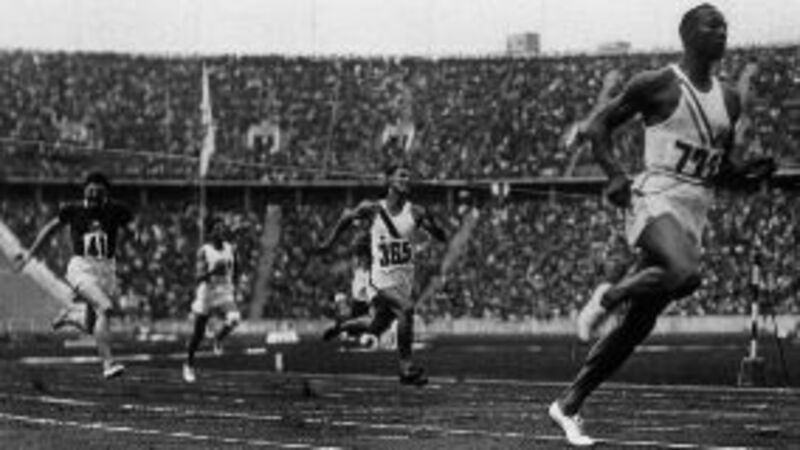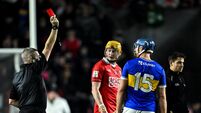Professional sport is too corrupt too often

The continual debasement of one of humanity's most excting and uplifting endeavours by commerce, corruption, relentless greed, a complete lack of any recognisable sense of perspective - and dodgy sugar-daddy team owners with bottomless war chests - suggests that a rose-tinted view of earlier sportsmen and women, and their achievements, may be as delusional as a spotty 19 year-old who believes he is worth €200,000 a week becasue he is better than most of his peers at steering a ball into a net.














